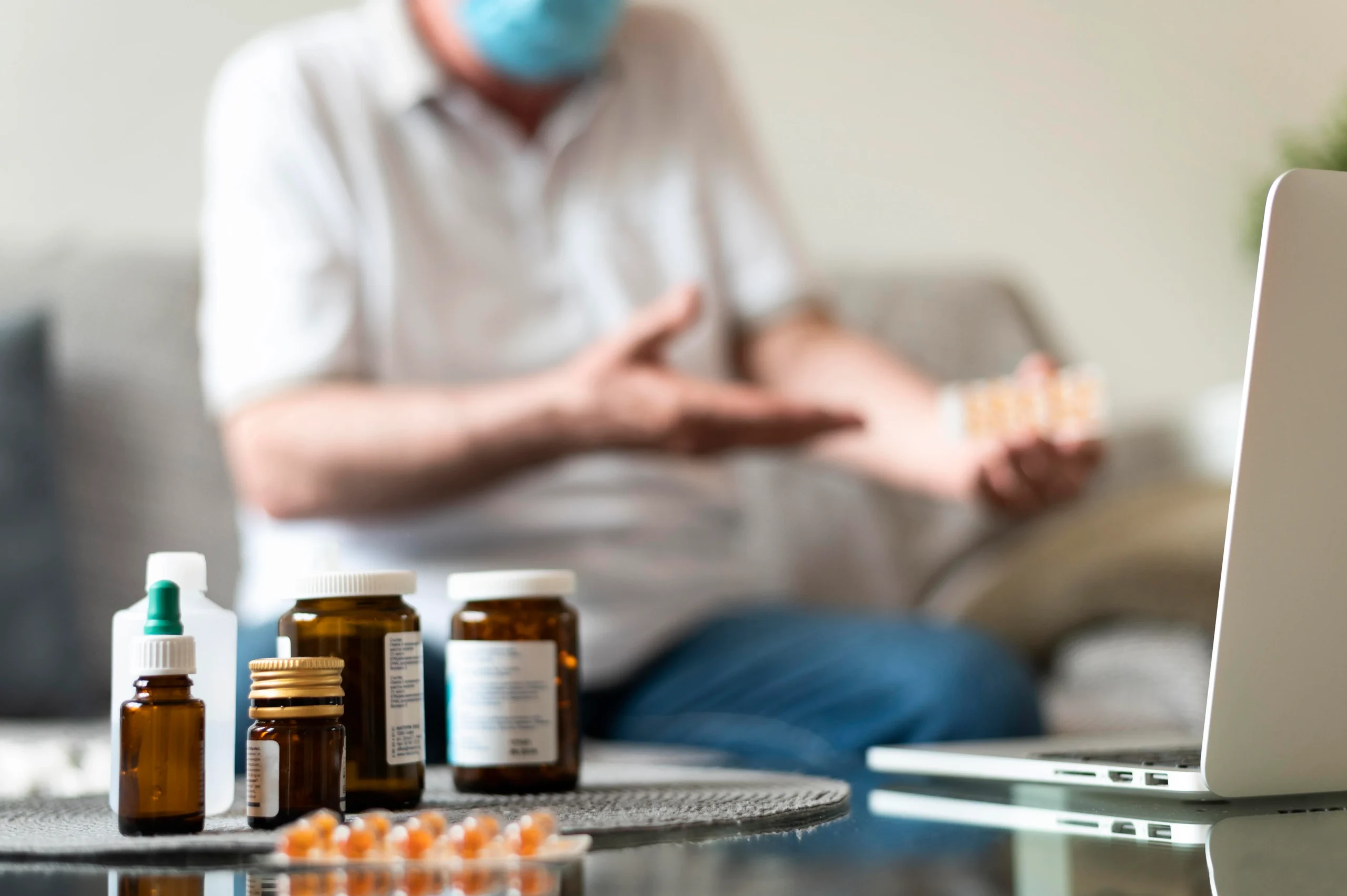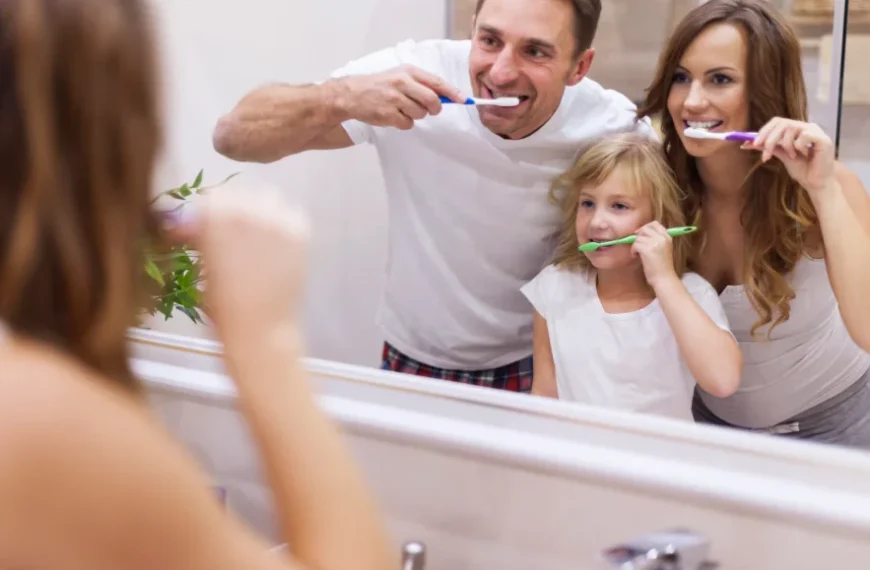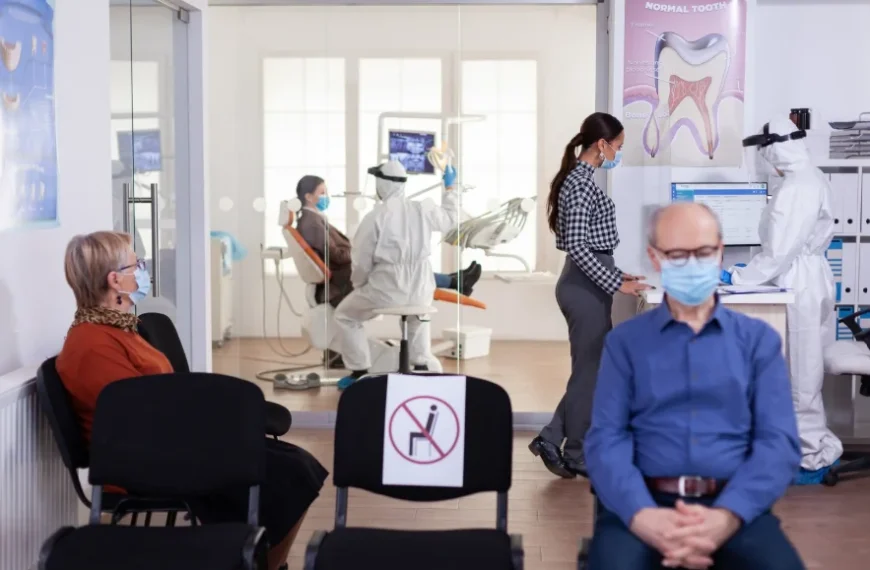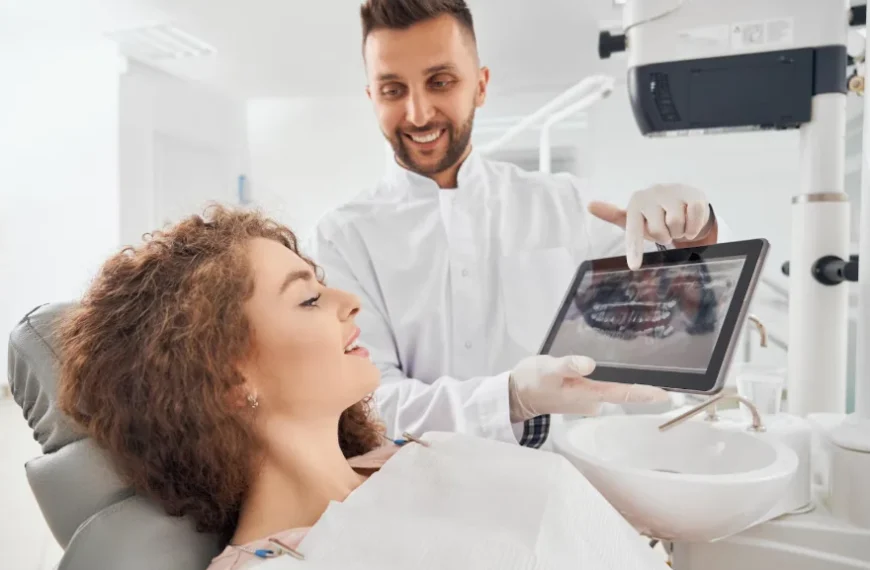Questions Answered in This Article:
- What Is Drug Detox—and Why It’s the First Step in Recovery
- How the Detox Process Works
- What Makes Detox Safe and Effective
- How Many Days Is a Drug Detox?
- What Are the Symptoms of Drug Withdrawal?
Searching for drug detox near me is more than a Google search—it’s often the first real step someone takes toward healing. Whether you’re looking for yourself or someone close to you, understanding detox can make the process feel less overwhelming and more empowering.
Detox isn’t a cure for addiction—but it is a critical starting point. By preparing the body and mind for treatment, detox lays the foundation for lasting recovery. This guide will help you understand what to expect, how to choose the right program, and what comes next.
What Is Drug Detox—and Why It’s the First Step in Recovery
Drug detox is the first step in addiction recovery, helping your body safely eliminate harmful substances under medical supervision. It manages withdrawal symptoms and stabilizes your health, making it easier to move forward with treatment.
Detox alone isn’t a cure, but it lays the foundation for long-term recovery. Inpatient programs offer 24/7 care, while outpatient detox works for those with milder symptoms and strong support at home. Choosing the right setting can make all the difference in starting your recovery with confidence.
How the Detox Process Works
The structure of a detox program is designed to gradually guide the body out of dependency while supporting the person emotionally and medically. Detox typically unfolds in three stages: assessment, stabilization, and transition.
In the assessment phase, medical professionals gather information about your health, substance use history, and any co-occurring mental health conditions. This allows for a personalized detox plan. During stabilization, medications and therapies are introduced to help you manage withdrawal symptoms and begin physical recovery. Finally, in the transition phase, you’ll begin planning the next steps in your treatment journey.
What Makes Detox Safe and Effective
Common medications used during detox include:
- Methadone or buprenorphine for opioid withdrawal
- Benzodiazepines for alcohol-related seizures or anxiety
- Clonidine to ease anxiety, muscle aches, and sweating
- Anticonvulsants and vitamin supplements for alcohol or benzodiazepine detox
Some people ask, how do I remove drugs from my body? The answer is: you don’t need to do it alone, and home remedies can’t replace medical care. Detox works best when overseen by professionals who can intervene when symptoms become dangerous. What makes detox effective isn’t just what’s leaving your body—but how you’re supported during the process.
How Many Days Is a Drug Detox?
One of the most common questions is how many days is a drug detox? The answer varies depending on what substance you’ve used, how long you’ve used it, and your overall health. Some detoxes last just a few days, while others extend for two weeks or more.
For example, detoxing from alcohol generally lasts between 3 and 7 days, while opioids typically take 5 to 10 days. Benzodiazepine detox is often longer, around 10 to 14 days, due to the risk of seizures and rebound symptoms. Stimulants like cocaine or methamphetamines often require 3 to 5 days of detox, with longer emotional recovery afterward.
Factors that influence detox duration include:
- The specific drug(s) used
- Frequency and quantity of use
- Presence of other health conditions
- Age, weight, and metabolism
- Previous detox attempts or relapses
Even though you may want a quick timeline, rushing the process can be risky. A slower, medically supported approach tends to be safer and more effective.
What Are the Symptoms of Drug Withdrawal?
Withdrawal symptoms can feel intimidating, and understandably so. These symptoms are your body’s response to the sudden absence of a substance it’s come to rely on. The intensity and type of symptoms depend on the drug, how long it’s been used, and the person’s overall health.
You may experience physical signs such as nausea, muscle aches, shaking, and fatigue.
Emotional and psychological symptoms are also common and can include anxiety, irritability, depression, and sleep issues. Cravings can appear early and last for weeks, especially in stimulant or opioid withdrawal.
Life-threatening withdrawal complications are most commonly associated with:
- Alcohol (delirium tremens, seizures, cardiac issues)
- Benzodiazepines (seizures, psychosis, hallucinations)
- Poly-drug use or underlying heart/liver conditions
These symptoms are why medical detox is so strongly recommended. It’s not just about comfort—it’s about safety. Detoxing without proper medical care can be dangerous, especially if you don’t recognize when symptoms have become severe.
What Types of Drug Detox Programs Are Available Near Me?
When searching for “drug detox near me,” you’ll usually come across two main types of programs: inpatient and outpatient.
- Inpatient drug detox centers offer 24/7 medical supervision, medication support, and emotional care. They’re ideal for individuals with a long history of drug use, severe withdrawal symptoms, or an unstable home environment.
- Outpatient detox programs allow you to receive care while living at home. They’re best for those with mild symptoms and a reliable support system.
If you’re concerned about affordability, some nonprofit organizations and hospitals offer free drug detox centers near me, though spots may be limited and based on income or insurance eligibility. For those seeking expert care with a full continuum of treatment, The Hope House provides a trusted inpatient drug detox center experience with clinical support every step of the way.
How Much Are Drug Detoxes?
The question how much are drug detoxes is a valid one—especially since cost is often the biggest barrier to seeking care. The good news is there’s a wide range of price points, depending on the level of care, location, and whether or not you have insurance.
Average detox costs in the U.S.:
- Inpatient detox: $600–$1,000+ per day
- Outpatient detox: $250–$500+ per day
- Medications and labs: May add $200–$500
Factors like facility type, duration of stay, and the medications used all impact the total. Insurance—particularly plans through Medicaid, Medicare, or private providers—can significantly reduce out-of-pocket costs. The cost of drug detox also depends on whether mental health services or dual diagnosis care is included.
Low-income individuals may qualify for nonprofit, hospital-based, or state-run detox programs with sliding-scale fees. The Hope House works with a variety of insurance plans and can guide you through financial options during intake.
Affordability should never be a barrier to safety, especially when effective treatment can change your life.
What Happens After Detox?
Completing detox is a major milestone, but it’s not the finish line—it’s just the beginning. Once your body is stable, the real work of addiction recovery begins through structured treatment and behavioral health care.
Common post-detox treatment options include:
- Residential/inpatient treatment for full-time care
- Partial hospitalization programs (PHPs) for structured daytime therapy
- Intensive outpatient programs (IOPs) for flexible, part-time support
These treatment plans often include cognitive behavioral therapy, group therapy, trauma support, family counseling, and relapse prevention strategies. Many also incorporate wellness therapies, spiritual care, and support groups to rebuild purpose and connection.
Medical detox opens the door to real, lasting recovery—but stepping through that door means committing to therapy and change.
Explore Drug Detox and Recovery Support Nearby
If you searched “drug detox near me,” there’s a good chance something inside you is ready for change. Maybe it’s quiet, maybe it’s urgent—but it’s real.
You don’t have to have it all figured out. You just have to be willing to take the first step.
At The Hope House, that step is met with compassion, clinical care, and a clear path forward. You’re not too late. You’re not alone. Help is here—call (480) 448-6087 or email contact@thehopehouse.com to speak with someone who understands.






